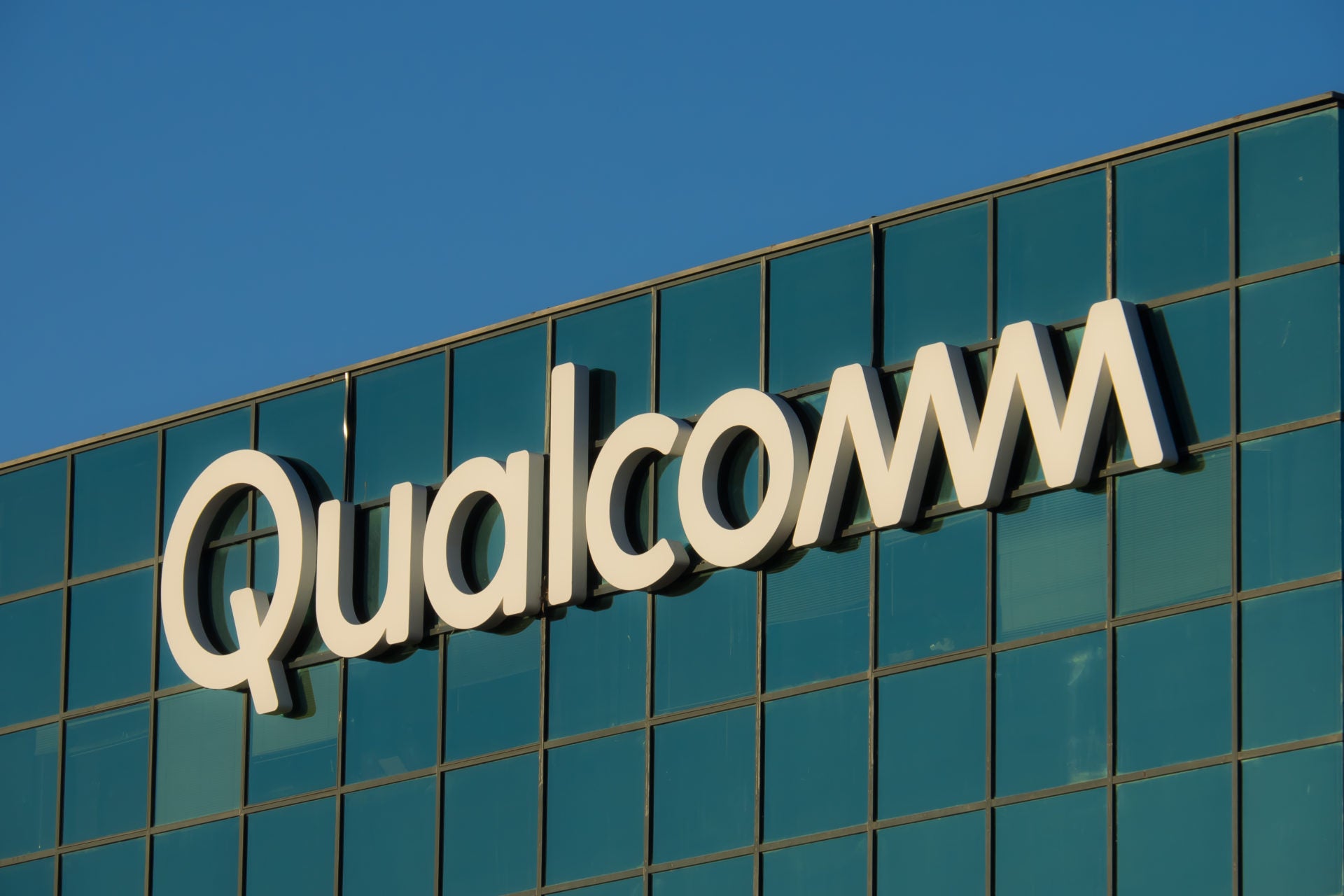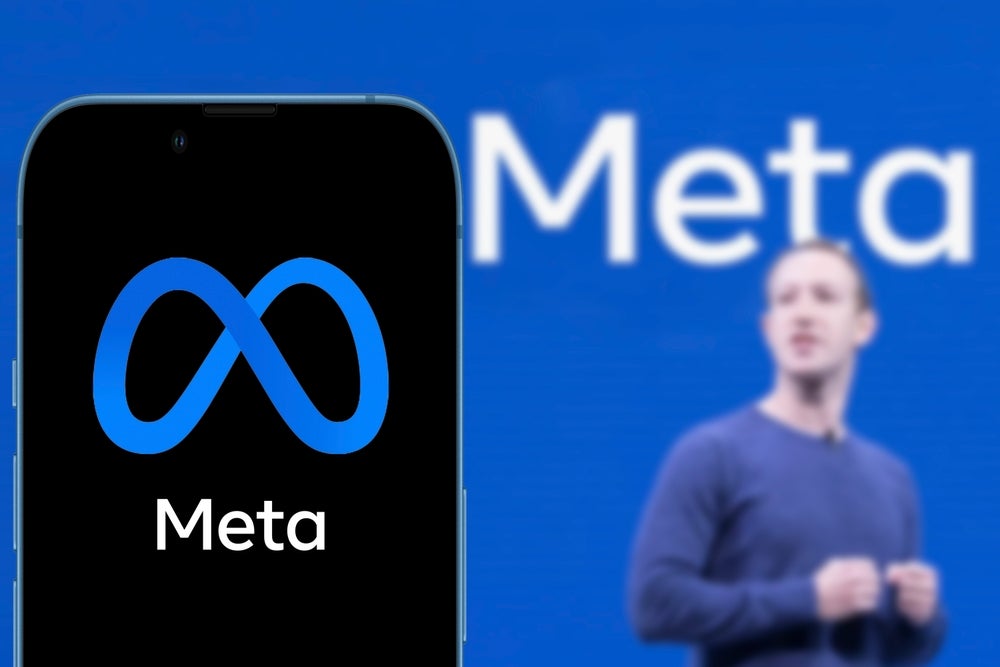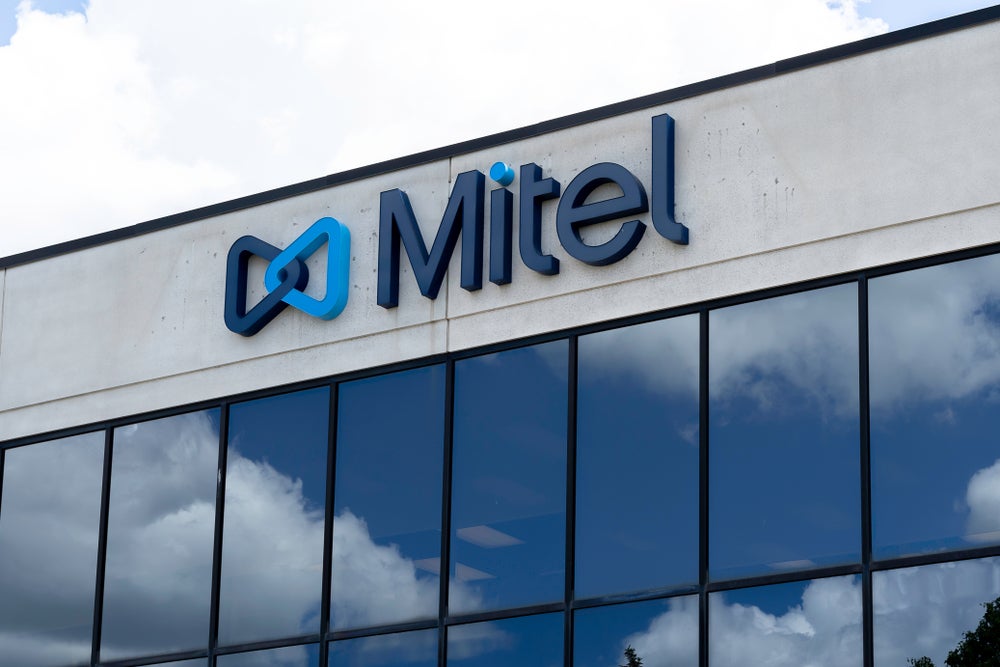
Chip maker Qualcomm has announced a range of 5G offerings for laptops, mixed reality headsets and mobile phones.
The San Deigo-based company made the announcements at Mobile World Congress, the world’s largest telecommunications show taking place in Barcelona this week.

Access deeper industry intelligence
Experience unmatched clarity with a single platform that combines unique data, AI, and human expertise.
While the 5G rollout is still in its infancy, the development of associated technologies is in full swing, with a huge array of products being displayed at MWC.
Here are today’s Qualcomm 5G chip announcements:
5G PCs
The silicon giant revealed it would bring 5G to laptops, with a 5G version of its Snapdragon 8cx. The chip promises multi-gigabit peak data speeds that could enable speedier and higher-quality streaming and multiplayer games.
The Qualcomm 8cx has already been sent out to PC makers, with Lenovo seemingly the first to offer a 5G connected PC.

US Tariffs are shifting - will you react or anticipate?
Don’t let policy changes catch you off guard. Stay proactive with real-time data and expert analysis.
By GlobalData5G virtual reality
Also at Mobile World Congress, Qualcomm announced plans to push smartphone-powered virtual reality and augmented reality headsets that rely on 5G.
Qualcomm’s approach will see virtual reality headwear tethered via USB-C to a phone running with Qualcomm’s Snapdragon 855 chip, the first commercial 5G mobile platform released December 2018.
It is hoped that it will let wearers stream in higher-quality and make VR and AR headsets, which are yet to take off commercially, more appealing.
Qualcomm said it will create a “compatibility badge icon” to aid adoption.
For this it will work with partners, including Acer, nreal and Pico. However, big players in the mixed reality space such as Samsung, Google and Facebook were notable omissions.
The semiconductor giant also announced its Qualcomm Snapdragon 850 Mobile Compute Platform will power the much anticipated Microsoft HoloLens 2.
5G Mobile
Not forgetting mobiles, Qualcomm unveiled the first processor that integrates 5G modem technology into the CPU of a mobile device. Samsung plans to use the Qualcomm Snapdragon Mobile Platform with 5G in its Galaxy S devices.
The system-on-a-chip (SoC) mobile platform operates using Qualcomm’s second-generation 5G mmWave antenna and sub-6 GHz RFFE components and modules.
It is set to be available for customers to sample in the second quarter of 2019. Commerical rollout is expected in the first half of 2020.
Qualcomm is hoping the mobile platform, along with its other offerings, will assist the global rollout and adoption of 5G.
“Our R&D and leading mobile platforms enable phone manufacturers to innovate and scale groundbreaking products globally,” said Qualcomm president Cristiano Amon.
“The integration of our breakthrough 5G multimode modem and application processing technologies into a single SoC is a major step in making 5G more widely available across regions and tiers following the wave of flagship 5G devices from the more than 20 OEMs and 20 mobile operators who have committed to launching 5G networks and mobile handsets based on our 5G modems this year.”
However, Qualcomm’s dominance will face challenges from Intel, which was selected by Apple to provide connectivity for iPhones released last year.
Companies such as Huawei and Samsung have also said they plan on making their own 5G chips.
Qualcomm also announced 5G fixed wireless stations, which some carriers are hoping will be speedy enough to replace traditional home broadband connections.
Read more: The 5G UK rollout is being slowed down by a law designed to speed it up







